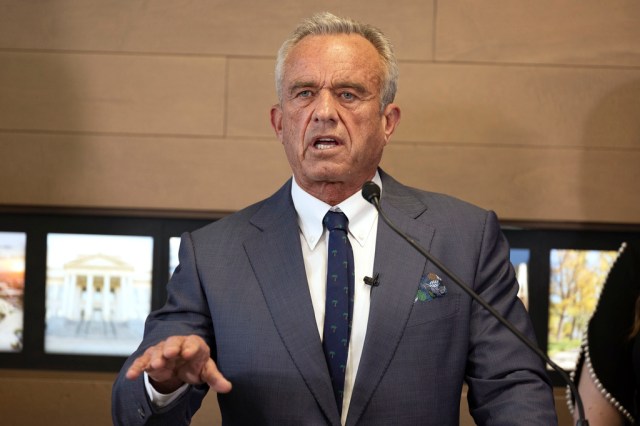Vaccine Skeptic RFK Jr.: The Silent Threat Unraveling America's Healthcare Safety Net

While the Trump administration has been criticized for numerous missteps, Robert Kennedy Jr., the Secretary of Health and Human Services, stands out as a particularly dangerous figure causing genuine and substantial harm to public health and policy.
Kennedy's controversial stance on vaccines and his persistent spread of misinformation have raised serious concerns among medical professionals and public health experts. His rhetoric not only undermines scientific consensus but also threatens to erode public trust in critical health interventions at a time when evidence-based medical guidance is most crucial.
Beyond his vaccine skepticism, Kennedy's leadership at HHS has been marked by decisions that potentially compromise the well-being of millions of Americans. His approach seems more driven by ideological beliefs than by sound scientific research, creating potential long-term risks for public health strategies and healthcare policy.
The real danger lies not just in his individual statements, but in the potential broader impact of his influential position, which could lead to misguided policies that have far-reaching consequences for healthcare, disease prevention, and public safety.
